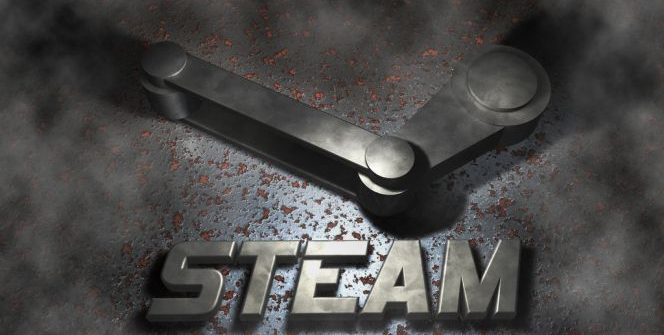Valve has updated the payout ratios between the developer and Steam, and it’s not regarded highly.
The changes can be read here, and we’re not going to quote anything this time but immediately go into the ratios between the developers and Gabe Newell‘s company. Until 10 million dollars of revenue, the devs/Steam ratio remains 70/30%, but above that threshold, it is modified to 75/25, and above 50 million dollars, the devs would receive 80% of the revenue. The main point here is that Valve tries to keep big developers/publishers on Steam instead of creating their own game store/launcher (for example, Activision Blizzard’s Destiny 2 and Call of Duty Black Ops IIII use Battle.net).
Smaller, indie developers, who are unlikely to reach even the fifty million thresholds on Steam (because let’s face it – with a 30-dollar price, ten million dollars would require 1.66 million sales, and with a cheaper game, even more, sales would be necessary!), have expressed their dislike about this tiering system. Greg Lobanov, the dev of Wandersong, says „games that make millions of dollars earn a higher % of their revenue, so the richest get richer,” „they’re supposed to “earn” their 30% cut by promoting your game to a bigger audience. But games that aren’t already popular are also disfavored by the algorithm. So people at the bottom get less, and now, pay more”, and that it’s „obvious they did this to appease the biggest money interests… but it’s not good for the health of the gaming community or market. Niche, experimental games that broaden their audience like Wandersong are impacted by these decisions”.
Brian Buckley, the dev of Caves of Qud (roguelike), says „tiny studios doing interesting things on razor-thin budgets […] pay for the next Fallout 76,” and Simon Roth, the developer of Maia (space colony simulator), believes Steam sends the „wrong message” to the indie devs. Rami Ismail (dev of Nuclear Throne by Vlambeer) recaps the situation nicely: „Don’t worry, big game productions, we’ll happily subsidize your increased income with the broken dreams of aspiring devs that fell just short of making it because they have no leverage and we don’t care, just please don’t launch your store.”
One more line of tweets by Freya Holmér (co-founder of Neat Corporation, makers of Budget Cuts): „[…] some [people], including me to some extent, consider this to be a blatant middle finger to smaller developers, or like a reversed tax bracketing meant to make the rich richer […] but the alternative is that the rich get *even richer* off-Steam, not bringing more people to Steam at all, making it a less viable platform for everyone involved, including indies, as well as forcing players to another client that *don’t allow indies at all*. Valve could likely afford a flat 20% for everyone, and that would help indies as well as AAA studios. However, I think we should at least be happy revenue share is getting better for developers, even if it doesn’t help everyone just yet.”
So Valve tries to appeal to the big guys with the tiers changing, but is it worth doing it, though?
















Leave a Reply